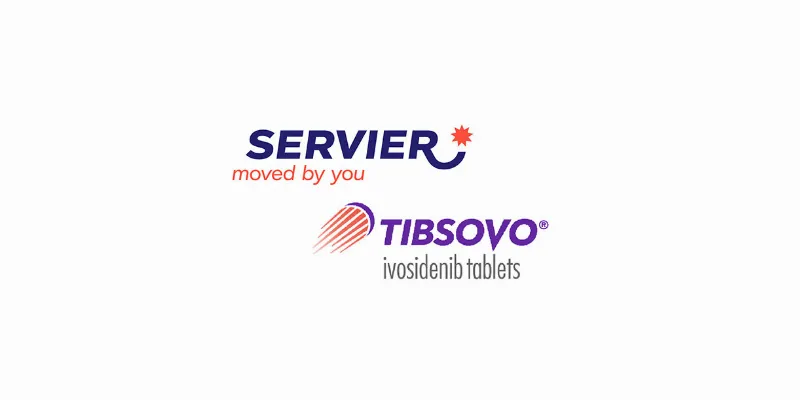Servier Unveils Tibsovo Data at ASH Meeting: Acute Myeloid Leukemia Treatment


ONCOLife |
12 December 2023
Servier announced that its innovative therapy Tibsovo has shown promising results in treating acute myeloid leukemia (AML) at the ASH 2023. The data revealed Tibsovo's superior efficacy over traditional treatments, especially in patients ineligible for intensive chemotherapy. The new data offers a more effective treatment option, enhancing survival rates and quality of life for AML patients.
At the 65th American Society of Hematology (ASH) Annual Meeting, Servier presented new data on Tibsovo's (ivosidenib) efficacy in treating AML with mutant IDH inhibition. This significant advancement in personalized cancer therapy showed Tibsovo, combined with hypomethylating agents (HMA), outperforming venetoclax+HMA in a study of 238 patients. Tibsovo+HMA led to higher complete response rates (42.9% vs. 26.7%), improved 6-month event-free survival, and increased transplant readiness in AML treatment.
Servier's Head of Commercial, Arjun Prasad, highlighted the company's significant strides in oncology over the past five years. "Servier has more than doubled its portfolio and launched several new indications for Tibsovo in IDH1-mutant cancers, including frontline AML, myelodysplastic syndromes (MDS) and previously treated cholangiocarcinoma, many of these indications serving as a best-in-class treatment option."
Compelling Real-World Data
The ASH presentation focused on a critical analysis of real-world treatment patterns and clinical outcomes. In a study involving 238 patients with newly diagnosed AML, ineligible for intensive chemotherapy induction (ICIE), Tibsovo® combined with hypomethylating agents (HMA) demonstrated superior results compared to venetoclax combined with HMA. The data revealed:
- Higher Complete Response Rate: Tibsovo+HMA achieved a complete response rate of 42.9%, compared to 26.7% for venetoclax+HMA.
- Improved Event-Free Survival: A 6-month event-free survival rate favored Tibsovo+HMA at 56.0%, versus 39.6% for venetoclax+HMA
- Bridge to Transplant: 11.5% of patients on Tibsovo+HMA achieved bridge to transplant, compared to 5.0% on venetoclax+HMA.
- Treatment Onset: Median time from diagnosis to start of treatment was faster for Tibsovo+HMA.
The Future of AML Treatment
This study not only underscores the effectiveness of Tibsovo® but also provides vital insights into optimizing treatment regimens for individual patients. Becky Martin, PhD, Chief of Medical at Servier Pharmaceuticals, reaffirms the company's patient-centric approach, emphasizing the importance of understanding the real-world impact of their medicines.
Apart from the highlighted analysis, additional data on molecular measurable residual disease (MRD) in ICIE patients with newly diagnosed mIDH1 AML treated with Tibsovo+azacitidine will further fortify Tibsovo's clinical profile in the frontline setting. The research also explored treatment patterns in both ALL and AML, broadening the scope of understanding in these critical areas of oncology.
About Tibsovo
Tibsovo (ivosidenib) is a precision medicine targeting the IDH1 mutation, with global approvals, including in the U.S., EU, Australia, and China. In the U.S., it's approved for adults with IDH1-mutant relapsed/refractory AML, newly diagnosed AML in certain older or comorbidity-laden patients, MDS, and previously treated IDH1-mutant cholangiocarcinoma. Servier has licensed Tibsovo's development and commercialization in several Asian regions











Comments
No Comments Yet!